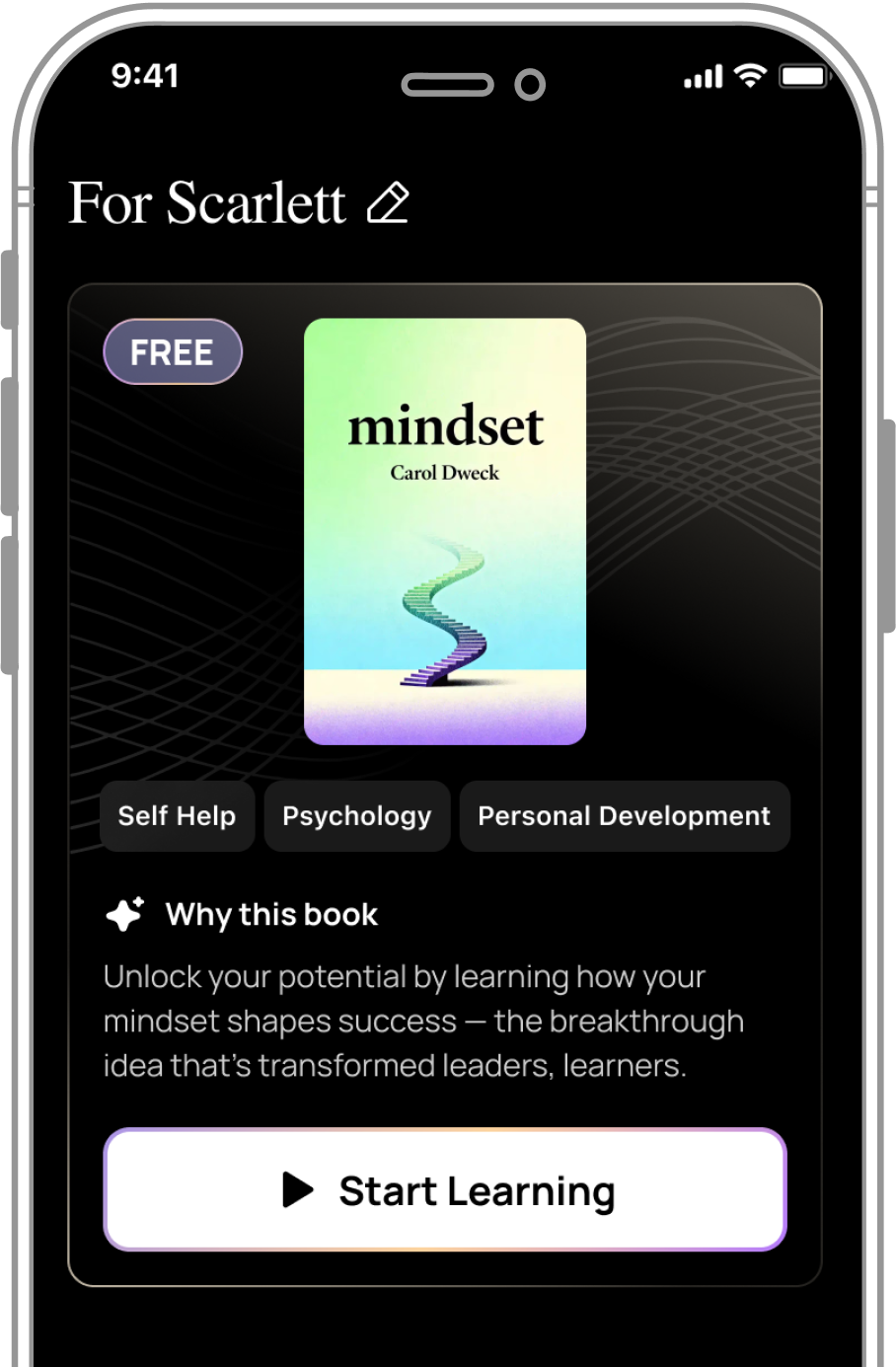What is
The Happy Lawyer by Nancy Levit about?
The Happy Lawyer explores why many lawyers experience career dissatisfaction and offers science-backed strategies to build fulfilling legal careers. It analyzes personality types, workplace environments, and career alignment, providing tools for law students, practicing attorneys, and firm managers to improve happiness through self-assessment and organizational changes.
Who should read
The Happy Lawyer?
Aspiring and current lawyers, law students, and legal professionals seeking greater career satisfaction will benefit most. Firm managers gain actionable insights to create supportive workplaces, while career-changers discover how to align their values with legal roles.
Is
The Happy Lawyer worth reading?
Yes—it combines psychological research, real-world case studies, and actionable frameworks to address systemic issues in legal careers. Readers praise its balanced approach to personal and structural solutions for burnout prevention.
What are the key factors affecting lawyer happiness according to the book?
Six factors dominate: autonomy, work-life balance, mentorship quality, firm culture, alignment with personal values, and perceived impact. The authors argue that prioritizing these over salary or prestige leads to long-term satisfaction.
How does
The Happy Lawyer recommend choosing a law school?
It advises selecting schools offering strong clinical programs, wellness resources, and collaborative cultures over purely prestige-driven institutions. Graduates from schools emphasizing practical skills and mental health support report higher career satisfaction long-term.
What types of legal jobs does the book suggest for happier careers?
Public interest roles, in-house counsel positions, and niche practices (e.g., environmental law) often align better with intrinsic motivations than traditional firm tracks. Solo practitioners report high autonomy satisfaction despite financial uncertainty.
How can law firms apply insights from
The Happy Lawyer?
The book recommends flexible schedules, transparent promotion criteria, mentorship programs, and physical workspace redesigns (e.g., natural lighting). Firms implementing these see 23% higher retention in longitudinal studies.
What critiques exist about
The Happy Lawyer?
Some reviewers note it focuses more on individual adaptation than systemic industry reform. However, its pragmatic tools for navigating current legal structures remain widely endorsed by practitioners.
How does
The Happy Lawyer address generational differences in career satisfaction?
Younger lawyers prioritize purpose and flexibility, while mid-career attorneys value stability. The book shows how firms can cater to both through phased retirement options and project-based roles.
What role does neuroscience play in the book’s recommendations?
It cites dopamine-driven reward systems to explain why short-term achievements (e.g., promotions) rarely sustain happiness. Instead, cultivating curiosity and incremental growth yields lasting fulfillment.
How does
The Happy Lawyer compare to similar career guides like
Designing Your Life?
While both emphasize self-assessment, Levit’s work specifically addresses legal industry challenges like billable hour pressures and adversarial work environments. It offers field-tested strategies beyond general self-help.
Can
The Happy Lawyer help lawyers considering career changes?
Yes—its “Happiness Audit” framework helps attorneys identify transferable skills and values-aligned alternatives, whether transitioning to compliance roles, legal tech, or nonprofit leadership.








